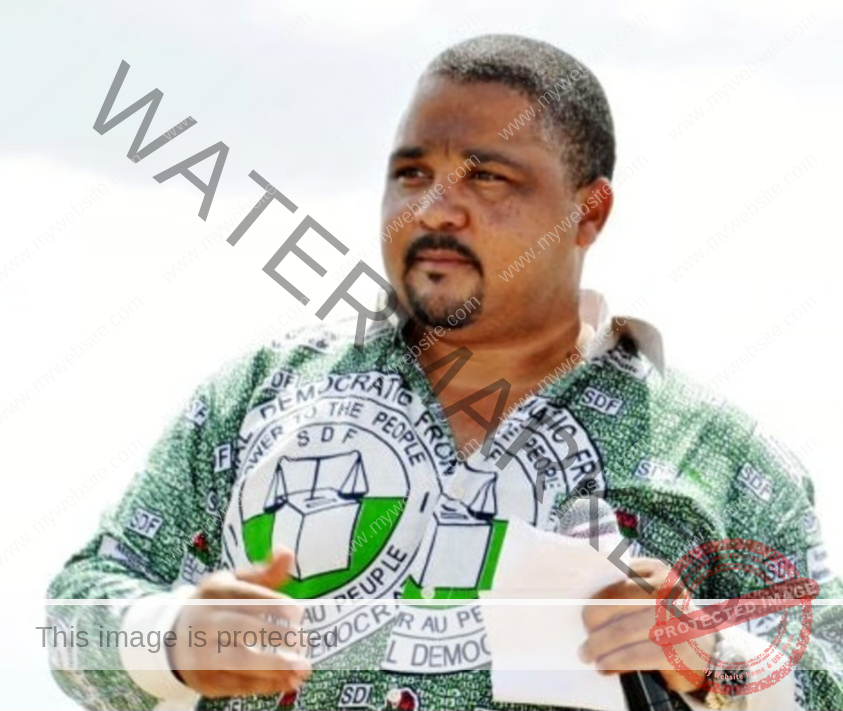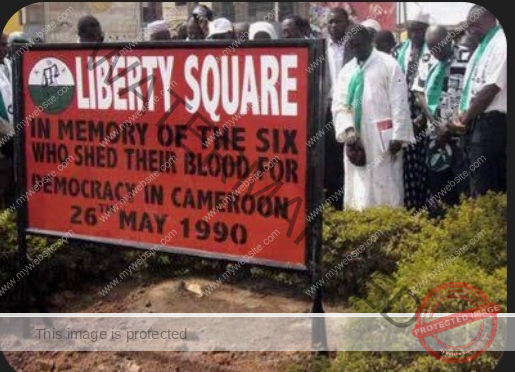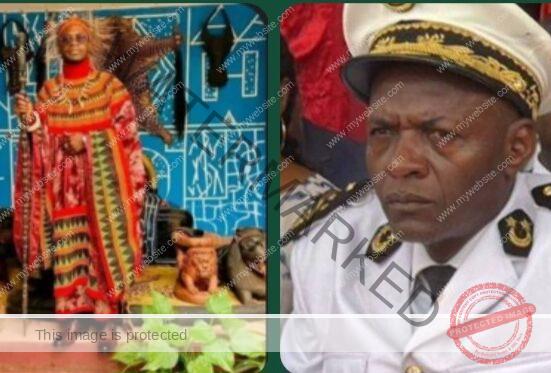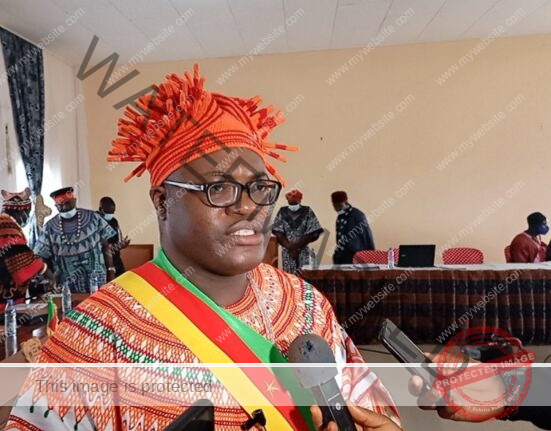Joshua Osih an urban figure, youthful in appearance, well-connected, and polished, he uses family networks, business influence, and charm to project the image of an African-rooted politician while enjoying the privileges of his foreign identity as his real persona.
By The Independentist Editorial desk
In politics, appearances can be deceiving. For years, Joshua Nambangi Osih wore the colors of opposition, leading the Social Democratic Front (SDF) and presenting himself as a challenger to Paul Biya’s decades-long rule. But for many Ambazonians, the mask slipped in 2021, revealing not a firebrand reformer, but a figure whose actions seemed to serve the very system he claimed to oppose.
That year, Osih joined 61 Members of Parliament from the ruling Cameroon People’s Democratic Movement (CPDM) in signing a letter to the U.S. Congress. The letter called for the deportation of Ambazonian independence activists living abroad — people who had fled war, persecution, and political repression. Sixty-one signatories belonged to the ruling party. Osih was the lone opposition MP to add his name.
The letter, drafted in the Prime Minister’s office, was little more than a political rubber stamp. But Osih’s participation was different. It carried symbolic weight: the leader of Cameroon’s largest opposition party aligning himself, without reservation, with the very regime accused of fueling the conflict in Southern Cameroons. For Ambazonians, it felt like betrayal — the moment their so-called opposition leader stepped across the line.
A Record of Indifference and False Claims
Throughout the years of bloodshed in Ambazonia, Osih has never shown sustained concern for the human cost of the conflict. Even as thousands were killed, villages burned, and millions displaced, he remained largely silent. On one occasion, he went further — claiming to have personally discovered foreign mercenaries training Ambazonian self-defense groups. The story was false, yet it served to feed the regime’s narrative that the Ambazonian cause was an imported rebellion rather than a homegrown resistance to decades of oppression.
A Life in Two Worlds
Born to a Swiss mother and a Cameroonian father, Osih grew up in Yaoundé as a childhood friend of Frank Biya, the president’s son. After CPC Bali and a degree in marketing, he entered the aviation business. His company reportedly handled arrangements for President Biya’s frequent flights to Switzerland — a country Osih can also call home thanks to his dual nationality.
Politically, he represents Douala — a city deep in French-speaking Cameroon — and has never lived in any meaningful way in the Southwest Region, from which his father supposedly hails. It is ironic that such an absent figure would claim to champion the cause of Ambazonians. It is even unlikely that he speaks any of the local dialects that tie a person deeply to their ancestry.
Instead, Osih is an urban figure — youthful in appearance, well-connected, and polished — who uses family networks, business influence, and charm to project the image of an African-rooted politician while enjoying the privileges of his foreign identity as his real persona. These personal and political circumstances have led many to view the SDF under Osih not as a force for change, but as a “loyal opposition” designed to give the illusion of democracy while protecting the regime’s interests.
Dr. Sako’s Response
Dr. Samuel Ikome Sako, President of the Federal Republic of Ambazonia in exile, has been blunt about what the 2021 letter represents:
“No true leader of the people can stand with their oppressor against their own. The 2021 letter to the U.S. Congress was not just a political misstep — it was a moral collapse. Any party or politician that lends their signature to the persecution of Ambazonians is, by that act, aligning with the machinery of oppression.
Our struggle is not against individuals but against a system that has denied us our right to self-determination for over six decades. We will not be distracted by opposition figures who choose comfort over conscience. The SDF, if it is to regain any credibility, must remove leaders tied to the regime and return to its founding mission — standing for freedom, justice, and democracy. Until then, Ambazonians will walk our own path to independence, guided by history, law, and the unbroken will of our people.”
In the end, a portrait is more than a likeness. It captures essence and intent. And in the case of Joshua Osih, the portrait that emerges is of a politician who stands in opposition only in name — a phantom presence in a battle that demands the real thing.
The Independentist Editorial desk





















Leave feedback about this